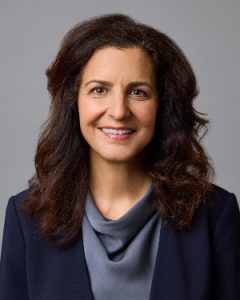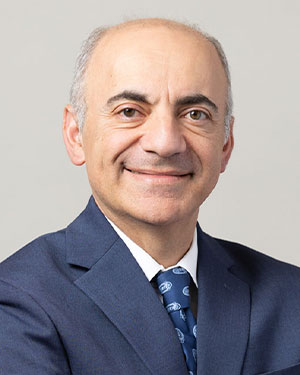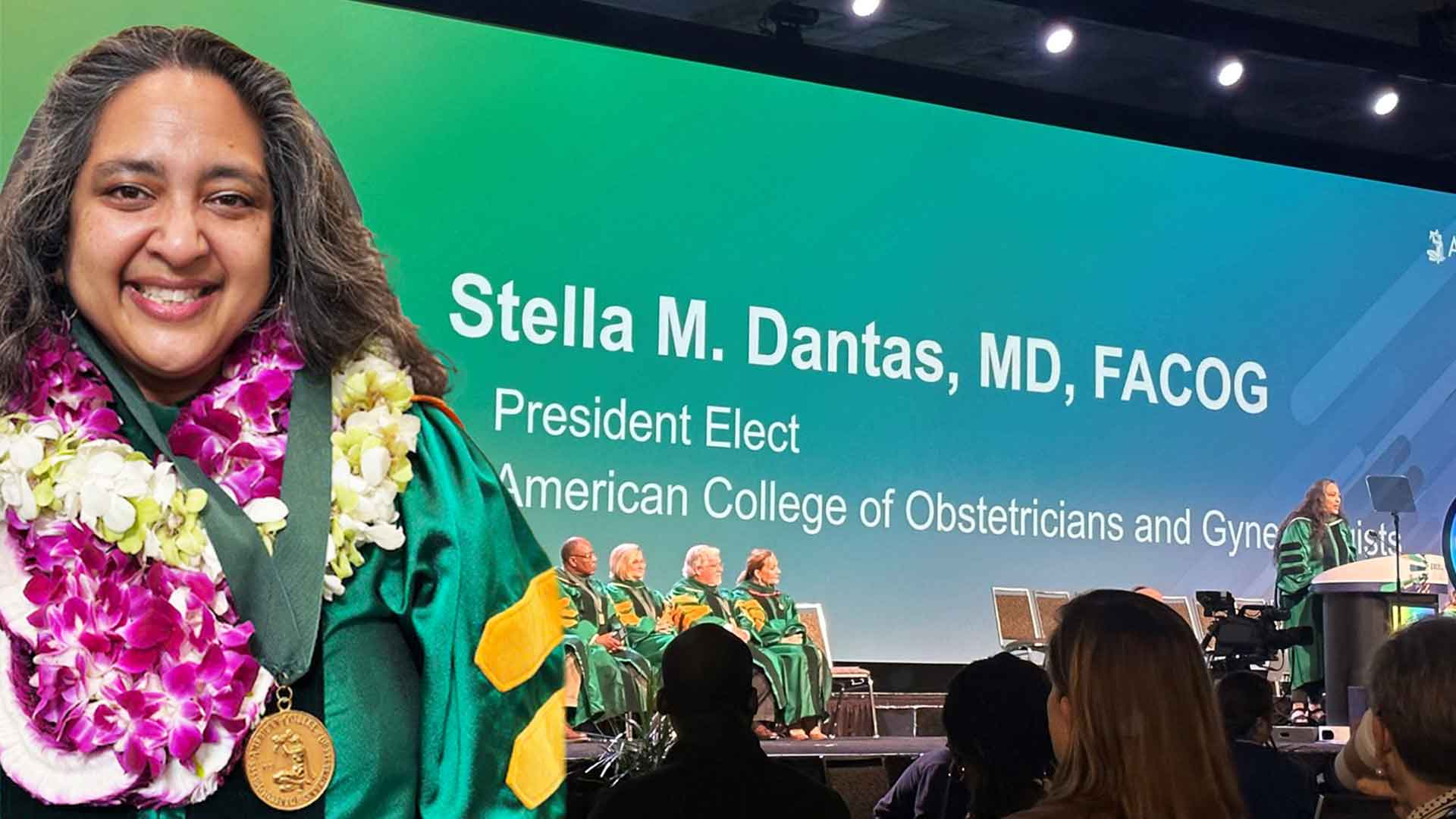Ramin Davidoff, MD, on value-based care and how it benefits older adults.
Maria Ansari, MD, talks value-based care, physician burnout

In a recent interview with the American Medical Association, Maria Ansari, MD, FACC, CEO and executive director of The Permanente Medical Group, discussed the key role prevention plays in keeping patients healthy. She also discussed strategies to address physician burnout.
Dr. Ansari noted that Kaiser Permanente’s physician-led care delivery model, developed by Sidney Garfield, MD, in collaboration with industrialist Henry J. Kaiser, has been rooted in prevention since its inception.
“Care at that time was being provided in a transactional way,” said Dr. Ansari, who also serves as president and CEO of the Mid-Atlantic Permanente Medical Group and co-CEO of The Permanente Federation. “You get sick, you come in, and you receive care. There’s a fee, you pay it, then you go home, and you come back when you’re sick again. [Dr. Garfield] saw that system wasn’t working.”
Dr. Garfield decided that a pre-paid model of care allowed him to focus on prevention, producing the best value and the best outcomes. For example, he provided tetanus shots to his patients so if they stepped on a nail, “he wouldn’t be treating the ravages of disease,” Dr. Ansari said. “It was value-based care, which is becoming the system everyone is trying to emulate right now.”
Related value-based care story: Driving health care innovation in 10 steps
Dr. Ansari became aware of the benefits preventive, physician-led care while conducting heart-disease research during her fellowship training for cardiology at the University of California, San Francisco, in the early 2000s.
“If you were a Kaiser Permanente member living in Northern California, you were 30% less likely to die of heart disease or stroke than if you were a nonmember,” Dr. Ansari said. “When I saw those results, I was super impressed, and jumped ship from UCSF to Kaiser Permanente in 2004.”
The outcomes couldn’t simply be attributed to the cardiologists at Kaiser Permanente, she added.
“That’s the whole thing about prevention,” she said. “It starts with the basics in primary care. If you want to prevent heart disease, you need to start with risk-factor modification such as lifestyle changes, blood pressure and diabetes control, nutrition guidance, and stress reduction. This whole multidisciplinary, wraparound service works in a model focused on prevention.”
She also spoke to the importance of reducing physician burnout. The key is to relieve physicians of clerical tasks, such as addressing emails that can be managed by other staff or appropriate innovative technologies.
“We have several pilots going on with artificial intelligence — or augmented human intelligence,” Dr. Ansari said, such as automating clerical tasks, answering simple patient questions sent through the patient’s online portal, and using AI to help with writing notes that go into a patient’s record. The physician then reviews the note for accuracy.
“We support physicians by removing barriers to care and giving them a team to support them so they can focus on doctoring,” she said.
Related physician leadership story: Maria Ansari, MD, shares health care innovations to address the physician shortage
“One thing that … I think is unique to Kaiser Permanente and other integrated models is that our doctors don’t deal with prior authorization,” Dr. Ansari added. “Basically, the doctors are in charge of their patients’ care, and they don’t need permission from an insurance company to provide it. I think that takes away a lot of the moral injury, and that is probably why our burnout rates are much lower than what we see in the national studies.”
Note: Read the full interview on the AMA website.


